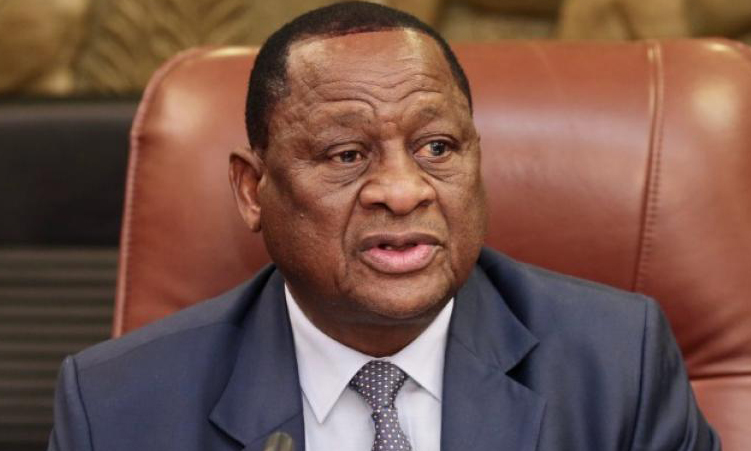Surrogacy remains unregulated in Namibia, with no immediate plans to address this legal vacuum, the Ministry of Health and Social Services and the Ministry of Justice say.
This comes after pope Francis on Monday called for a worldwide prohibition of surrogacy, condemning the practice as “a grave violation of the dignity of the woman and the child”. He specifically spoke out against babies becoming a commodity subject to commercial contracts that are concluded between surrogate mothers and those they carry children for.
Health minister Kalumbi Shangula says there are no regulations on surrogacy in Namibia, because there has been no demand for such.
“There are no plans to introduce a law to regulate surrogacy at the present moment. There has not been a demand for such,” he says. Executive director of health and social services Ben Nangombe says surrogacy is currently viewed as a personal choice made by individuals facing challenges in conceiving a child.
“Surrogacy is a decision between two people who cannot have a child. There have been no discussion at ministerial level so far,” he says.
Executive director of justice Gladys Pickering has echoed Nangombe’s sentiments, confirming that there are no plans to introduce regulations concerning surrogacy in Namibia.
“No plans as far as I know. It is true, there is a legal vacuum on the matter,” she says.
POTENTIAL CONFLICTS
In a 2018 article it published, the Legal Assistance Centre (LAC) said the lack of a legal framework on surrogacy gives rise to potential issues.
These include concerns about changes in custody, ethical payments to surrogate mothers, and disputes without enforceable agreements in court.
“For example, what if the surrogate mother changes her mind and wants to keep the child? What if the commissioning couple change their minds and no longer want to take the child?” the LAC asked.
The absence of legislative guidance may result in courts rejecting agreements, leaving parties without legal recourse.
“If some dispute arose in connection with a surrogacy arrangement, it may not be possible to enforce the agreement in court. There have been no such cases in Namibia as yet.
“But in the absence of any legislative authority for such an arrangement, it is possible that the courts would find such an agreement against public policy and refuse to give effect to it.
“This may leave the parties to the arrangement without legal remedies,” the LAC said.
In contrast, some countries, like neighbouring South Africa, have enacted laws to regulate and enforce surrogacy agreements, ensuring clarity and protection for all parties involved.
“Parties considering a surrogacy arrangement in Namibia should be warned that it could be a complicated and risky endeavour in the absence of any specific legal regulation,” the LAC said.
In March last year, Namibia’s Supreme Court decided to effectively deny a child born through surrogacy to a same-sex couple in South Africa citizenship.
One partner is of Namibian descent, while the other is from Mexico.
POPE CALLS FOR BAN
During his New Year’s address to diplomats at the Vatican, Pope Francis called on the international community to unite in an effort to universally prohibit surrogacy, urging a collective stance against what he perceives as a growing threat to the sanctity of human life.
He expressed his deep concern over the exploitation of vulnerable situations, adding that a child should always be considered a gift rather than a commodity in commercial contracts.
“The path to peace calls for respect for life, for every human life, starting with the life of the unborn child in the mother’s womb, which cannot be suppressed or turned into an object of trafficking,” the pope said.
The Catholic Church opposes surrogacy and in vitro fertilisation on the basis that it depersonalises conception, equating embryo disposal to abortion.



Leave a Reply